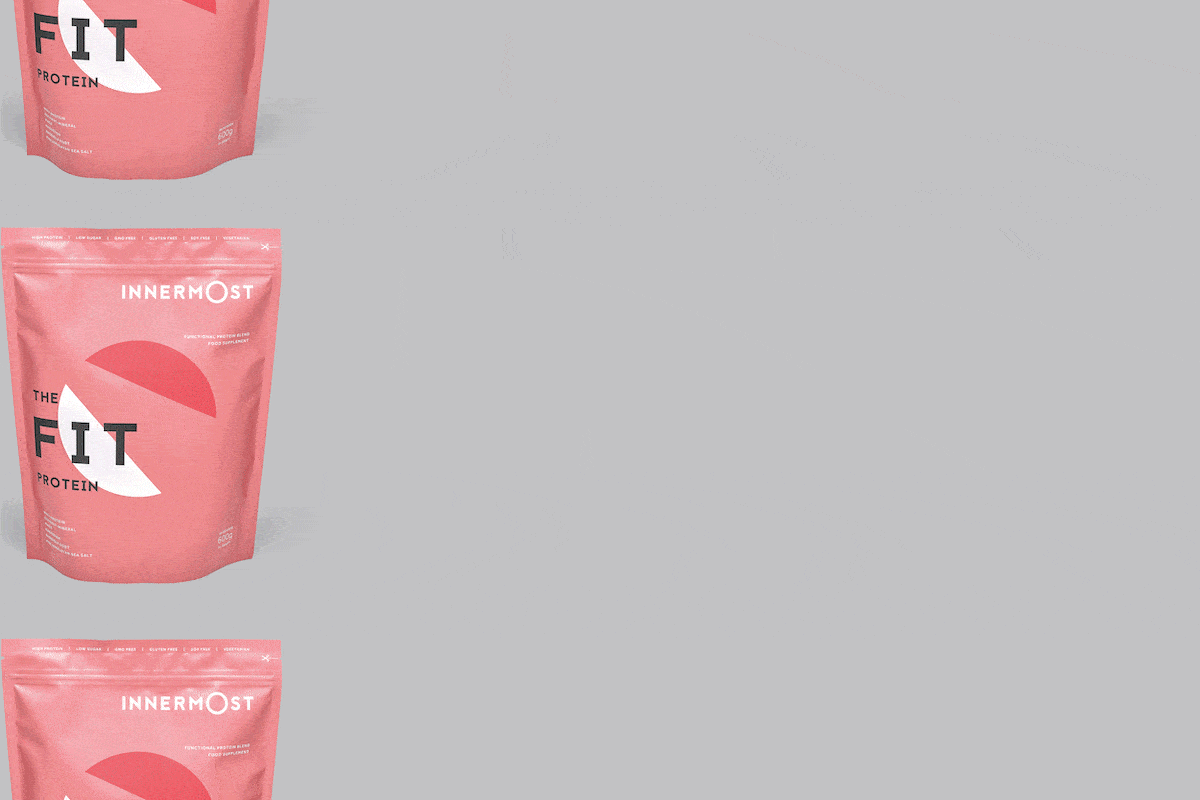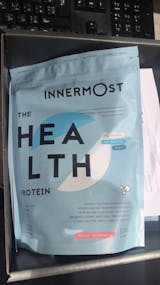People take protein for a range of reasons: from it's reputation as a popular nutritional supplement, it's muscle building benefits, tissue repairing tendencies and more... but can protein help you lose weight, too?
It’s hard to overstate the importance of protein when it comes to staying trim, looking good and feeling your best. Protein is the most elemental building block of muscle and strength, and forms the backbone of every cell in your body. It’s an essential substance for tissue repair and contains all the amino acids your body needs.
Aside from the elemental human need for protein, it’s crucial to watch your intake if you’re looking to lose weight and increase muscle mass. While it’s widely known that if you’re looking to bulk up and gain muscle it’s important to have a high protein intake, it’s less commonly known that protein can actually assist you in losing weight naturally, through several different mechanisms.
Before you jump into your protein weight loss journey, it’s important to make sure that you’re eating the right amount of protein for your body type and activity level. While official NHS guidelines state that your daily protein intake should be 50g, this doesn’t take your weight, height or energy output into account.
If you’re looking to actively build muscle through a combination of exercise and diet, you should be aiming to eat 1.5g-2g of protein per kilo of your body weight every day. If you’re the average UK weight of 83kg, this works out to at least 133g of protein daily.
Don’t fall into the trap of thinking that the sky’s the limit when it comes to protein shakes, chicken breasts and salmon, however, because no positive difference comes from consuming more than the amount recommended above. In fact, if you’re sourcing your protein from red meat it can be actively harmful, thanks to the high levels of saturated fat.
Additionally, a very high protein diet can put you at risk of kidney stones.
Is protein good for weight loss?
Protein is an important nutrient to support a healthy metabolism, reduce your appetite and overall, aid weight loss. But how? Let's take a look.

Protein is appetite-reducing
Does protein suppress appetite? Yes!
We’ve all experienced the feeling of pounding through an entire bag of crisps on autopilot and being left feeling as though you’ve eaten nothing at all. Of course, it’s impossible to do the same thing with a plateful of grilled chicken - you’d simply get too full. This illustrates how protein reduces your appetite and naturally makes you eat fewer calories.
Protein shakes are notoriously filling and often can act as meal replacements, which is great if you're on-the-go, looking to cut back on calories or just don't have time to whip up some breakfast. You'll also feel satisfied for longer after a protein shake, so it's a win-win.
Numerous studies have shown that when you increase your protein intake, your overall calorie count drops thanks to the fact that protein keeps you fuller for longer. In one study where participants sourced 30% of their calories from protein, their calories intake dropped by a huge 441 a day. In other words, a high protein diet gives you a metabolic and appetite-related advantage over other kinds of diets, and makes it much easier to drop your overall calorie intake without too much effort.
Protein helps you to burn more calories
A high protein intake tends to lead to a boost in metabolism, enabling your body to burn more calories 24 hours a day - even while you’re asleep. This is because your body uses calories to digest and access the nutrients in food, which is called the thermic effect. Protein has a far higher thermic effect than fat or carbohydrates, coming in at 20-35% rather than 5-15%.
In real terms, this can work out to an additional 80-100 calories burned each day, with absolutely no input from you other than making sure you hit your daily protein intake with the help of one of our excellent protein powders. One study even found one group of people with a high protein intake burned 260 additional calories than a group with a lower protein intake, which is equivalent to a full hour of moderately intensive exercise. Cut down on cardio time with a protein shake? There’s no way we’re turning that opportunity down.
Protein changes your hormones for the better
While it might often feel as though what you want to eat is dictated to you by your rumbling stomach, your weight is in fact actively regulated by your brain, specifically an area called the hypothalamus. Some of the most important signals for how your brain decides what and when to eat are hormones that can change depending on the food you’re consuming.
Eating a high protein diet is associated with increasing levels of hormones which relate to satiety and the reduction of appetite. To get technical on you, if you eat up all your protein, your body produces more of the hormones GLP-1, peptide YY and cholecystokinin, and reduces levels of the hunger hormone ghrelin.
In layperson’s terms, this means that if you replace some of the carbs and fat you eat with protein you’ll feel a significant reduction in your hunger levels. Time to reach for a snack of yogurt and nuts rather than a packet of biscuits.
Protein reduces cravings
You can have the best will in the world when it comes to the food you eat, but one thing you can’t control are your cravings. Everyone has that one type of food that they just can’t quit, whether it’s chocolate, chips or pizza.
Studies have shown that eating a high-protein diet can have a significant effect on food cravings, cutting them by up to 60% while eating a diet with 25% protein. Consuming a high-protein breakfast may be another secret to cutting down on that midnight hunger for chocolate ice cream, with one study showing that starting your day off with protein reduced cravings in teenage girls.
Can protein make you fat?
In short: no. Protein intake alone will not make you fat. Gaining weight only happens if you are consuming more calories than you burn, so don't worry about that.
When should I take protein?
We recommend you take your protein anywhere between 15 and 60 minutes post-workout. This will not only ensure you get the necessary protein that you need, but give you a great post-workout energy boost.
























